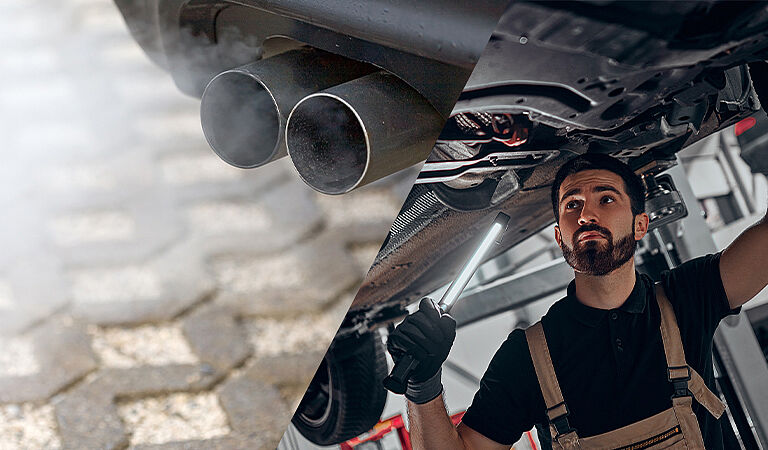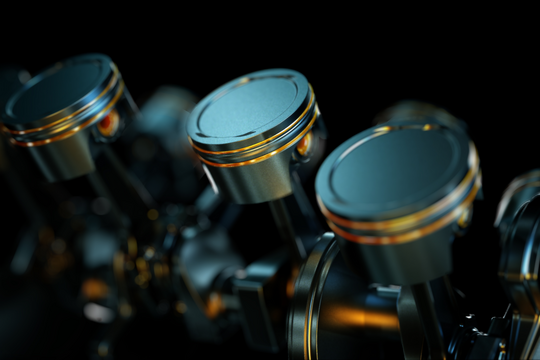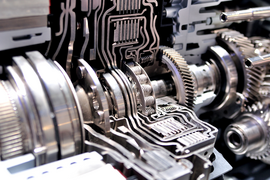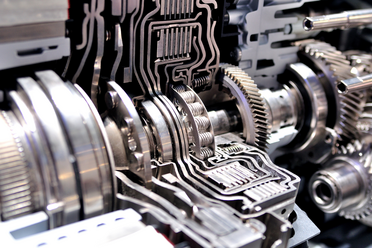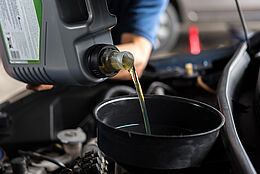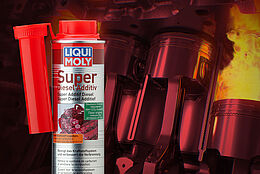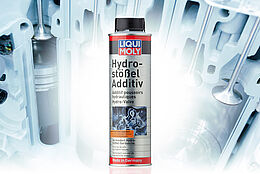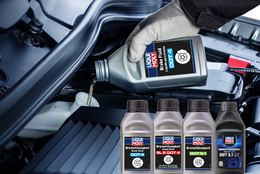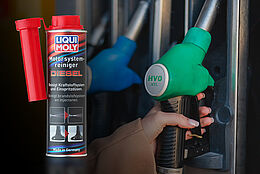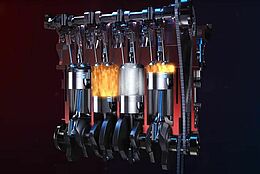Diesel particulate filter cleaning
A diesel particulate filter (DPF) is used to reduce emissions from diesel vehicles. The filter collects 90% of all soot particlesgenerated in the engine during the combustion process and stops them from being released into the environment.
Over time, however, a layer of soot and ash can build up in the diesel particulate filter, blocking the air flow and reducing the effectiveness of the filter. Under normal circumstances, this will self-clean during the journey. For this to occur , the exhaust gas temperature must exceed the soot ignition temperature of 550 degrees Celsius. This process is known as"regeneration", during which the accumulated soot is burnt off. This mainly produces carbon dioxide (CO₂) and water vapor. Ash is left behind in the filter.
However, the temperature required for the diesel particulate filter to function in regeneration mode cannot be reached, especially during short journeys or prolonged stop-and-go operations. As a result, short-haul and urban vehicles are increasingly plagued by clogged diesel particulate filters.
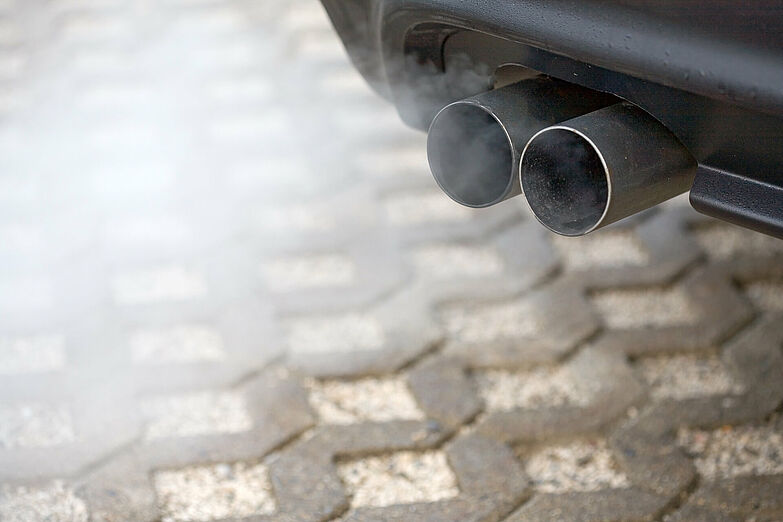
Why diesel particulate filter cleaning is so important
A clogged diesel particulate filter can cause serious damage to an engine system. Possible impacts are:
- imminent risk of turbo or engine damage
- increased fuel consumption and reduced engine performance as well as reduced throttle response due to greater exhaust back pressure
- exhaust gas turbocharger, particulate filter and EGR system impairment
- no longer possible to comply with particulate matter and exhaust emission limits; may not meet the prescribed emission standards, which has a negative impact on the general inspection or exhaust emissions test
- impaired regeneration processes due to reduced DPF absorption capacity caused by ash deposits
- costly repair or replacement of the diesel particulate filter
As a result, it is advisable to have the DPF provisionally serviced. This ensures that the diesel particulate filter functions properly and avoids serious complications and expensive repairs.
How often should a diesel particulate filter be cleaned?
Cleaning is not always effective: If the DPF is overloaded with too much ash, the diesel particulate filter must be removed and replaced. To postpone this as much as possible and extend the service life of the diesel particulate filter, we recommend carrying out a DPF service at regular intervals.
After all, servicing a diesel particulate filter is significantly cheaper than replacing or repairing it.
How often this needs to be is done largely depends on the vehicle's use and DPF age or mileage. To find out whether it is time for a service, visit your LIQUI MOLY service workshop. We recommend a diesel particulate filter cleaning and rinsing be carried outat every secondoil change or during every major inspection.
Find a LIQUI MOLY Service Garage near you
Be sure to have your diesel particulate filter cleaned by a professional! Otherwise, you risk permanently damaging sensitive components. We’d be glad to advise you in your LIQUI MOLY Service Garage.
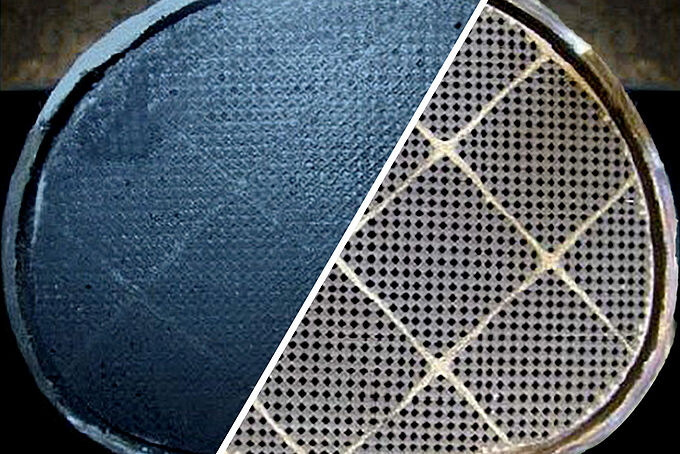
Advantages of diesel particulate filter cleaning
- Reduces pollutant emissions, which optimizes smoke opacity before the AU
- Extends the service life of the DPF
- Removes dense or clogged soot contamination on the surface of the DPF
- Reduces fuel consumption
- Increases the operational reliability of diesel engines
- Integrated cleaning and thus less effort required, reduced costs and taking the catalytic converter into account

